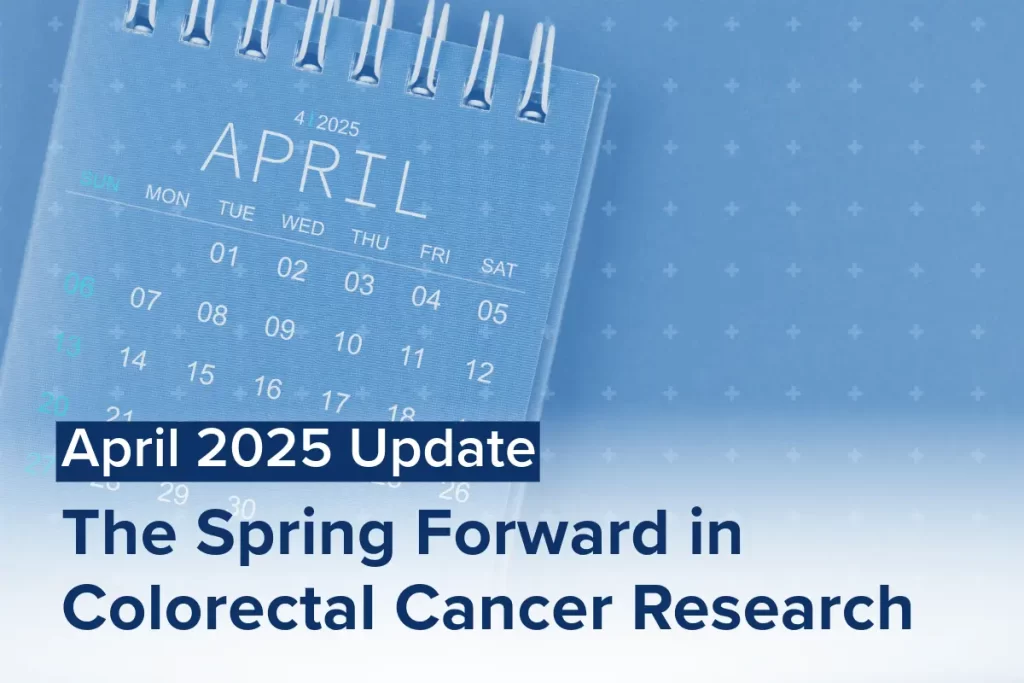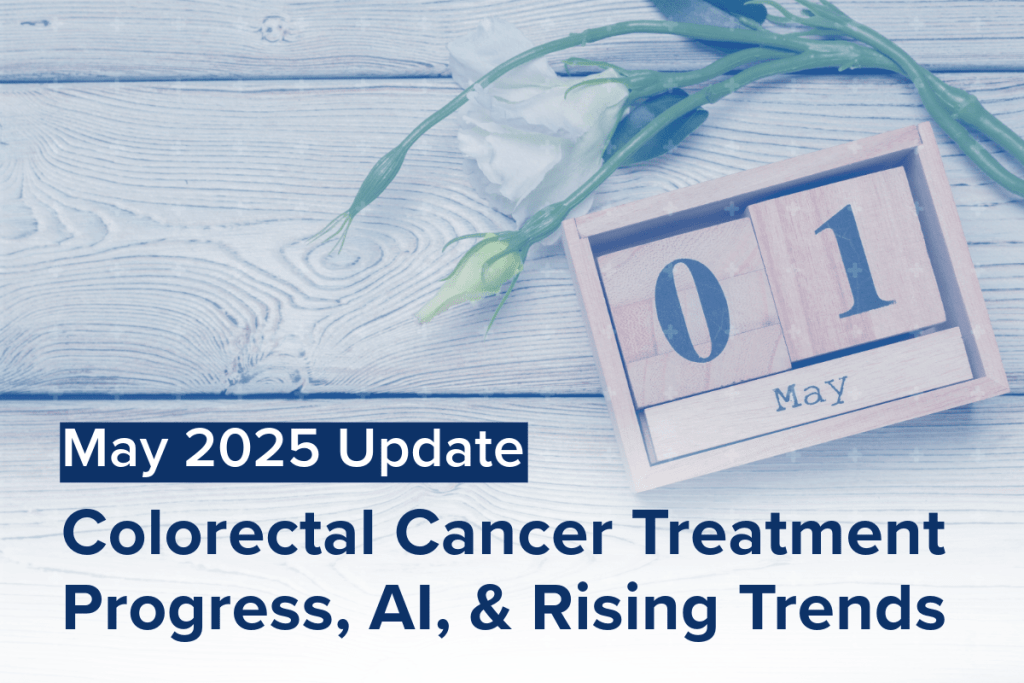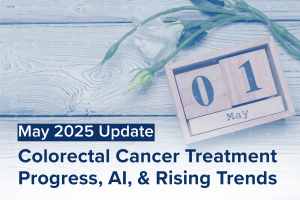Table of Contents
ToggleSchedule Your Procedure Today
- All-Inclusive Service
- Board-Certified Physicians
- Transparent Pricing
More recently, healthcare professionals have been increasingly concerned about a troubling trend: colorectal cancer is affecting younger people at an alarming rate. While overall colorectal cancer rates have been declining in older adults thanks to increased screening, the incidence in people under 50 has been rising by approximately 2.4% per year from 2012 to 2021.
If current trends continue, colorectal cancer is projected to become the leading cause of cancer, related deaths among young adults by 2030.
What makes this particularly perplexing is that many young adults diagnosed with colorectal cancer have no family history of the disease or other known risk factors.
A Breakthrough Discovery: The Colibactin Connection
A groundbreaking study published in Nature in April 2025 may have uncovered a crucial piece of this puzzle. Researchers analyzed 981 colorectal cancer genomes from patients across 11 countries and made a remarkable discovery that could explain why we’re seeing more colorectal cancer in younger people.
What Is Colibactin?
Colibactin is a toxin produced by certain strains of Escherichia coli (E. coli) bacteria that can reside in our colon and rectum. While E. coli is commonly found in the human gut, only specific strains produce this potentially dangerous toxin.
The Study’s Key Findings
The research revealed several critical insights:
- Early childhood exposure: The colibactin toxin can leave a distinct genetic signature in colon cell DNA, particularly when exposure occurs during early childhood.
- Significantly higher prevalence in early, onset cases: These specific DNA mutation patterns were 3.3 times more common in patients diagnosed with colorectal cancer before age 40 compared to those diagnosed after age 70.
- Geographic correlation: These patterns were more prevalent in countries with higher incidences of early, onset colorectal cancer cases.
- Timing of mutations: By molecularly dating these mutational signatures, researchers estimated that colibactin associated mutations occurred within the first 10 years of life, decades before cancer might develop.
- Contribution to cancer development: The study estimated that colibactin related mutations might account for approximately 15% of APC driver mutations, which are early genetic changes that promote cancer development.
The Proposed Model
Researchers proposed a concerning model: colibactin, producing bacteria, might silently colonize children’s colons, initiating DNA damage that could eventually lead to colorectal cancer many years later. It’s like planting seeds of potential cancer that take decades to grow.
While these findings strongly suggest a link between childhood colibactin exposure and early onset colorectal cancer, researchers emphasize that further studies are needed to establish a definitive cause, and, effect relationship.
Future Research Directions
Scientists are now focusing on:
- Understanding how children are exposed to colibactin, producing bacteria
- Identifying environments and behaviors that might foster these bacteria
- Developing tests to detect these specific DNA mutations
- Exploring ways to mitigate exposure to this bacterial toxin
Treatment Breakthroughs
For those facing advanced colorectal cancer, recent treatment advances provide compelling reasons for optimism. The landscape of colorectal cancer treatment is evolving rapidly, with several groundbreaking approaches showing remarkable promise.
Immunotherapy Milestone
In April 2025, the U.S. Food and Drug Administration (FDA) approved the combination of nivolumab (Opdivo) plus ipilimumab (Yervoy) as a first line treatment for metastatic colorectal cancer with specific genetic markers.
This approval specifically targets adult and pediatric patients (12 years and older) whose cancers show microsatellite instability, high (MSI, H) or mismatch repair deficient (dMMR) characteristics, genetic features found in approximately 5% of metastatic colorectal cancers.
The approval was based on updated findings from the CheckMate, 8HW clinical trial, which demonstrated impressive results:
- After three years of treatment, approximately 68% of patients receiving the combination therapy were still alive without disease progression
- In comparison, only 51% of patients treated with nivolumab alone achieved the same outcome
- This represents a substantial 17 percentage point improvement in progression, free survival
Note: the combination did come with more side effects, 22% of patients experienced serious side effects compared to 14% with nivolumab alone, and more patients discontinued treatment due to side effects (14% versus 6%).
Personalized Immune Cell Therapy
Another exciting development comes from a clinical trial led by researchers at the National Institutes of Health (NIH), which reported promising results for a new form of tumor infiltrating lymphocyte (TIL) therapy in patients with metastatic gastrointestinal cancers, including colon and rectal cancers.
This highly personalized approach to cancer immunotherapy involves:
- Selection: Identifying immune cells from the patient’s own tumor that specifically recognize and attack cancer cells
- Expansion: Growing these specialized immune cells in the laboratory
- Reinfusion: Administering the expanded cells back to the patient
The trial included 91 patients with various metastatic gastrointestinal cancers whose conditions had worsened despite prior treatments. In the third phase of the trial:
- Patients received the immune checkpoint inhibitor pembrolizumab immediately before the selected TIL therapy
- This combination prevented inactivation of the introduced immune cells
- Nearly 24% of patients experienced a substantial reduction in tumor size
- This compared favorably to just 7.7% of patients who received selected TILs without pembrolizumab
Targeted Treatments For Specific Mutations
The field of colorectal cancer treatment is increasingly moving toward precision medicine, treatments tailored to the specific genetic characteristics of each patient’s cancer.
Fast Track Designation for Invikafusp Alfa
Marengo Therapeutics’ dual T, cell agonist invikafusp alfa (STAR0602) received FDA fast track designation in April 2025 for the treatment of high tumor mutational burden (TMB, H) colorectal cancer. This designation, based on promising data from the START, 001 trial showing enhanced antitumor activity, is designed to expedite the development and review of the drug.
Fast track designation is granted to treatments that address serious conditions and fill an unmet medical need, suggesting the significant potential of invikafusp alfa as a future treatment option for this specific subgroup of colorectal cancer patients.
The Takeaway
The discovery of colibactin’s potential role in early, onset colorectal cancer, coupled with the approval of new treatments and promising clinical trial results, highlights the dynamic and rapidly evolving nature of colorectal cancer research and treatment.
For young adults, these findings emphasize the importance of awareness and early detection.
For those already diagnosed with colorectal cancer, these advances represent an expanding toolkit of treatment options that may offer better outcomes and quality of life.
As research continues to advance our understanding of this disease and its treatment, there’s increasing hope that we can turn the tide against colorectal cancer, both for young adults facing early onset disease and for all patients across the spectrum of this challenging condition.
Schedule Your Screening Today! No Insurance Needed
Disclaimer
Before making any decisions regarding anesthesia, sedation options, colonoscopies, or any medical procedure, always consult with your physician, anesthesiologist, or qualified healthcare provider. This article should not be used as a substitute for professional medical advice, diagnosis, or treatment.
EXCELLENT rating
Based on 2125 reviewsTrustindex verifies that the original source of the review is Google. I was referred to ColonoscopyAssist through my healthcare sharing ministry. They communicated with me every step of the way and were a lower-cost solution to getting a colonoscopy since my preventative screenings aren't covered. I got mine done through a very reputable endoscopy group and they were wonderful.Trustindex verifies that the original source of the review is Google. The entire process was seamless and the staff was friendly and professional. Overall. I had a wonderful experience at your facility.Trustindex verifies that the original source of the review is Google. After the initial, sign up with ColonscopyAssist, it took about 2-3 weeks to get a call from doctors office and appt was 2 weeks later. Everything went smoothly, the doctor was not personable but was professional. Glad it is done. Now my husband has peace of mind.Trustindex verifies that the original source of the review is Google. Simple and easy with great savings.Trustindex verifies that the original source of the review is Google. ColonoscopyAssist was very helpful, responsive, and made the process happen smoothly, not to mention made the procedure much more affordable.Trustindex verifies that the original source of the review is Google. This was as easy as it could have been! Competent and Professional are words that come to mind. This is a great program. From beginning to end it proceeded without a glitch!Trustindex verifies that the original source of the review is Google. Everything worked well before, during and after procedure. Got lots of information. Only ask to upgrade the guide when people are taking tables and not a liquid prep.Trustindex verifies that the original source of the review is Google. very professional and friendly service, everything was organized and I was advised on all the steps. they made this process simple.

















